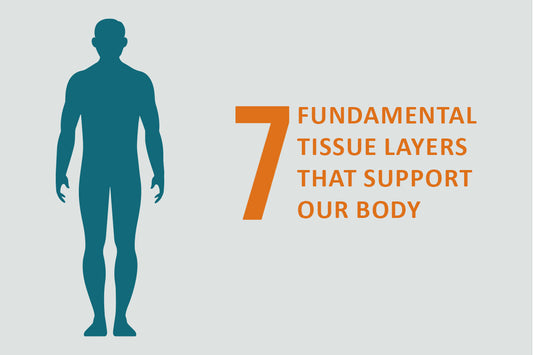You have probably heard of Vitamin D, the sunshine vitamin. But did you know that it is so much more than just a bone builder? This essential nutrient plays a pivotal role in various aspects of your health, from immunity to mood regulation. Let us uncover the secrets of this powerful vitamin and why it deserves a spot in your daily routine.
The Multifaceted Role of Vitamin D
Vitamin D is not just a vitamin; it acts as a hormone in your body, influencing a variety of functions:
-
Bone Health
Vitamin D helps your body absorb calcium, which is vital for maintaining strong bones. This helps manage the risk of fractures and other conditions. -
Immune System Support
Its ability to regulate immune function makes vitamin D vital for your body's defense against infections. -
Mood Regulation and Brain Health
Studies suggest that vitamin D contributes to mood stabilization and cognitive function, with possible links to combat the risk of depression. -
Muscle Strength and Performance
Adequate levels are associated with healthy muscle function and manage risks of falls, particularly in older adults. -
Heart Health and Blood Pressure
Emerging research highlights its role in supporting heart health, potentially influencing blood vessel function and cholesterol levels.
Where to Get Your Vitamin D
Achieving the recommended levels of vitamin D can be tricky, but it is possible through a combination of sources:
-
Sun Exposure
Just 10–30 minutes of sunlight a few times a week can stimulate vitamin D production in your skin. Factors like the time of day, season, and your skin tone will influence this process. -
Dietary Sources
While naturally occurring in fatty fish like salmon and mackerel, vitamin D is also found in fortified foods like milk, orange juice, and cereals. Egg yolks and mushrooms are other modest sources. -
Supplements
For those unable to meet their needs through sun and food, supplements can be a great option. Speak to your healthcare provider to find the right dosage for you, as excess amounts may lead to side effects.
Signs of Vitamin D Deficiency
- Bone Pain: Weak bones can lead to aches and pains, particularly in the back and joints.
- Muscle Weakness: Low Vitamin D levels can cause muscle weakness and fatigue.
- Frequent Infections: A weakened immune system can make you more susceptible to colds, flu, and other infections.
- Mood Disorders: Some studies suggest a link between Vitamin D deficiency and depression.
Conclusion: Let the Sunshine In
Vitamin D may start with the sun, but its benefits extend far beyond. By ensuring you get the right balance of sun exposure, fortified foods, and supplements, you can enjoy the health benefits it offers. So, next time you bask in the sunlight or sip a glass of fortified orange juice, know that you are supporting your body in more ways than one.
Don't let the sun go to waste! Make the most of it and reap the benefits of Vitamin D.






